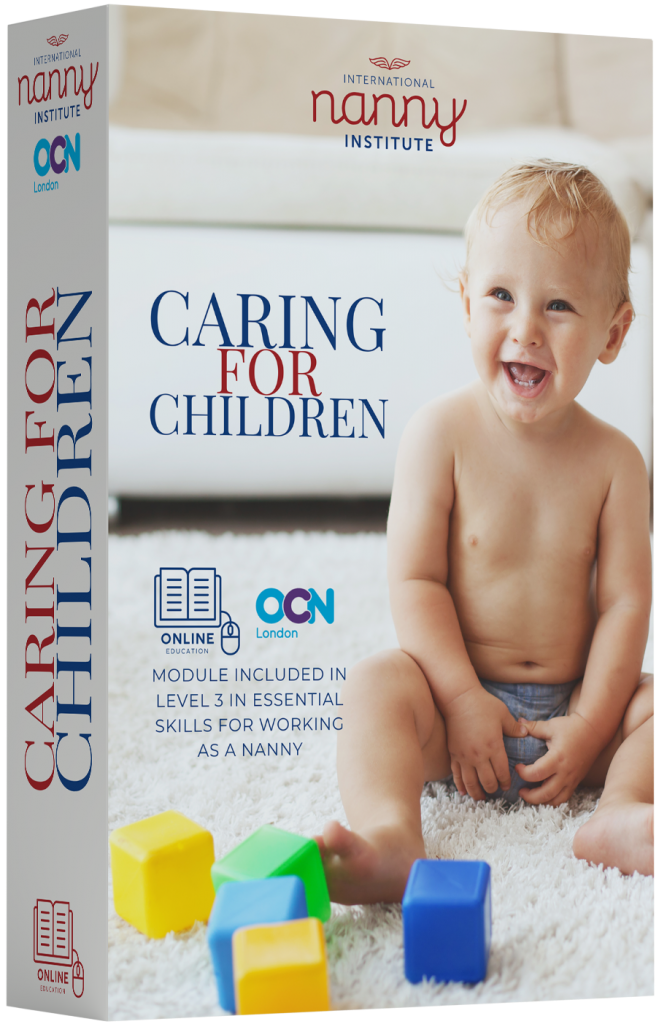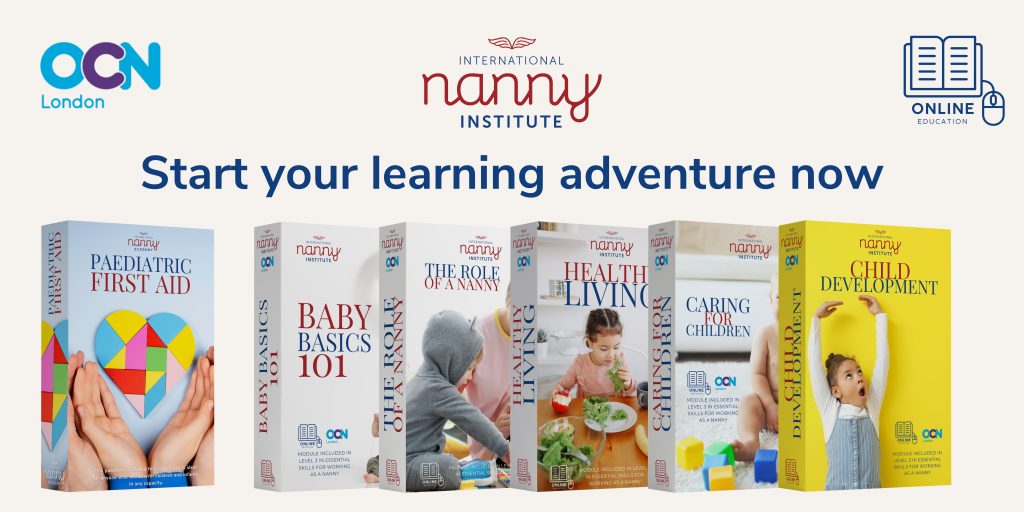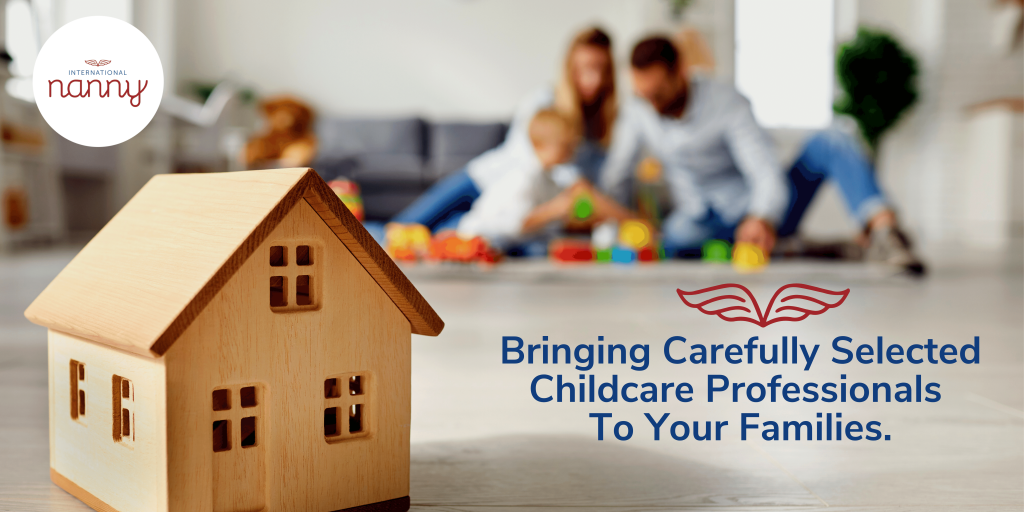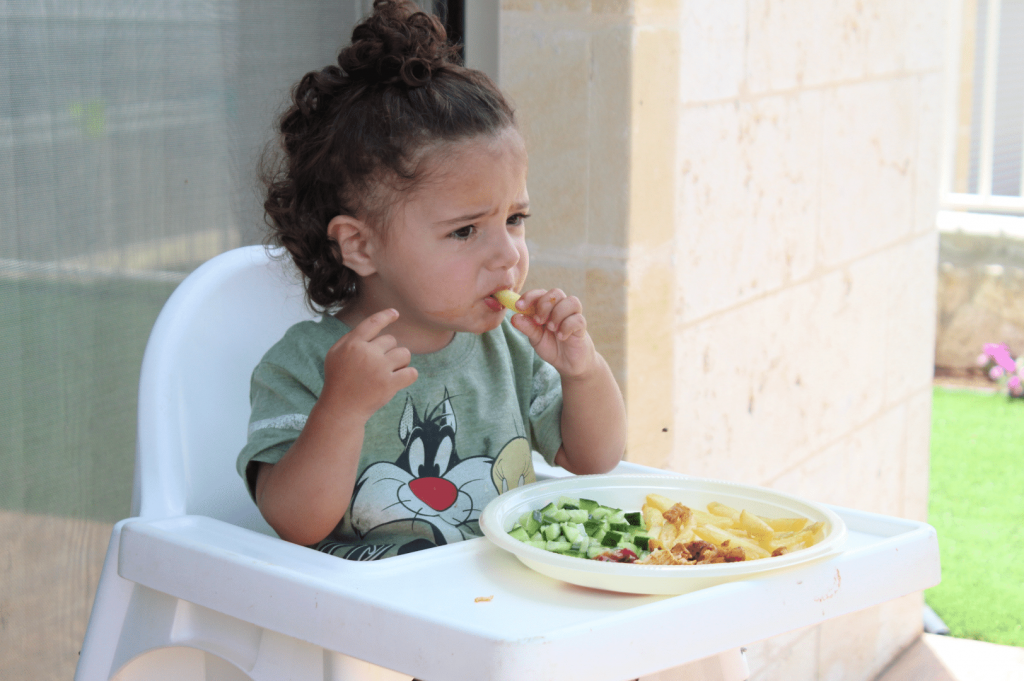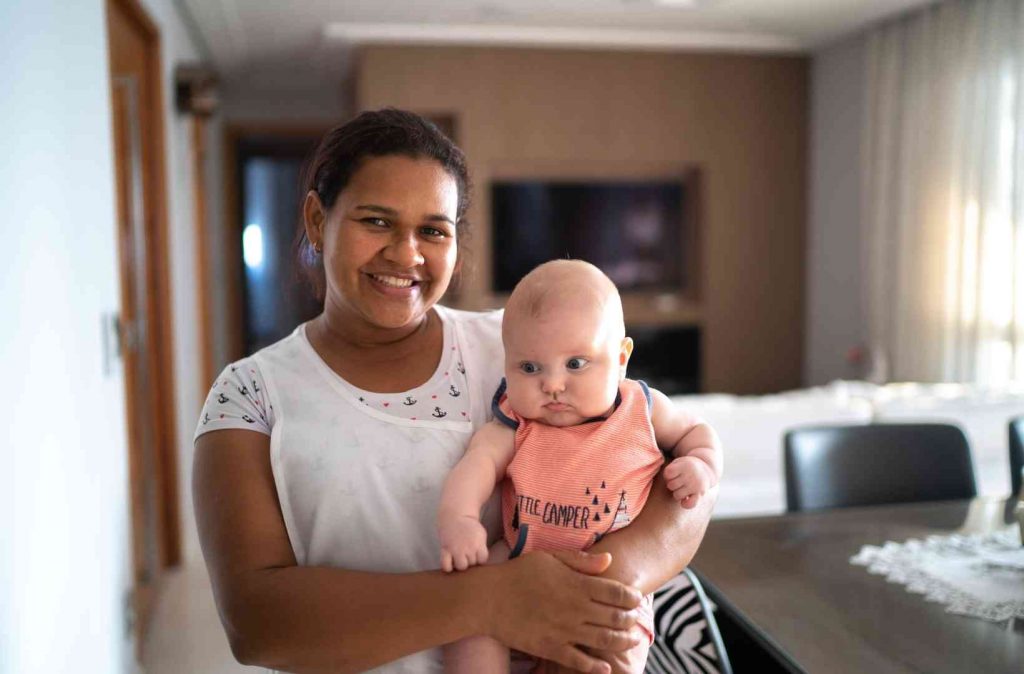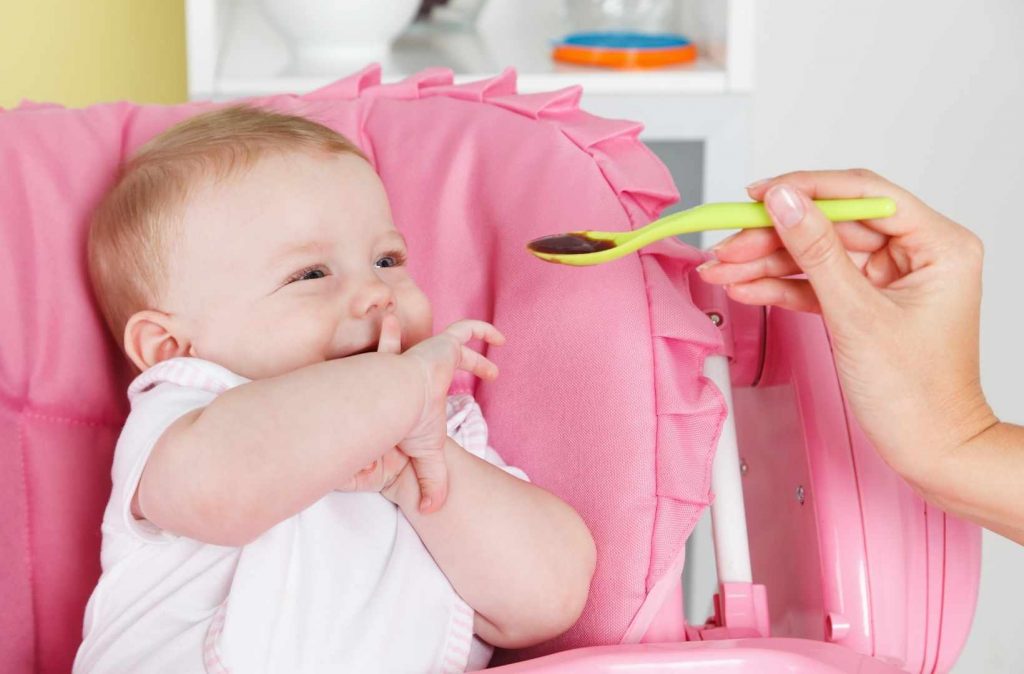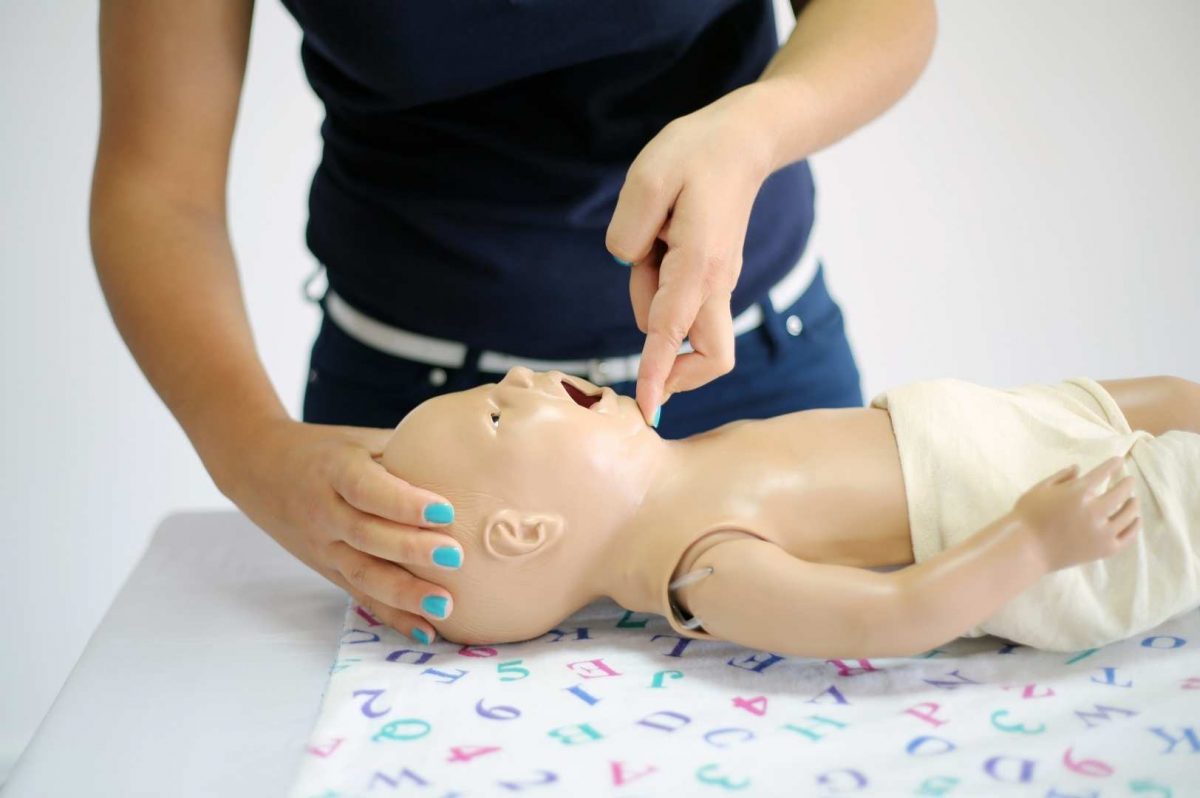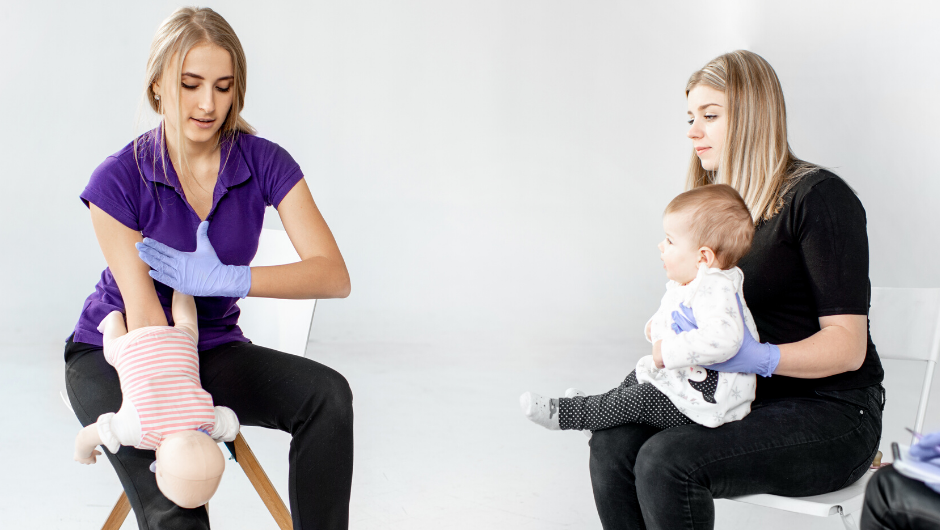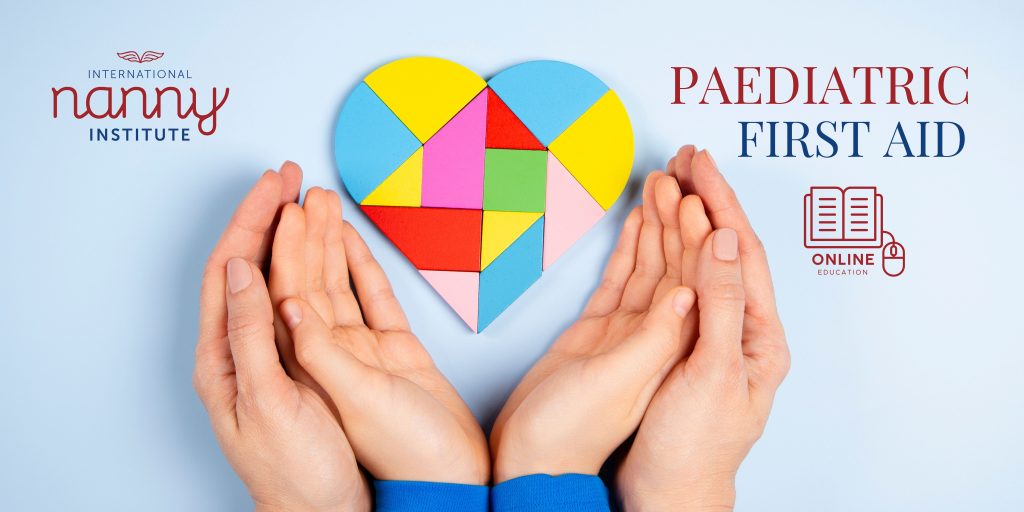Continuing your professional development is a great way to both improve your CV and keep your knowledge up to date, showing potential employers that you are truly interested and dedicated to your work. In the field of domestic childcare, regularly updating your training is crucial and is key to helping you grow as a professional.
Caring for babies is different to caring for older children, so the International Nanny Institute Baby Basics course has been developed to help professionals understand and prepare for these differences. We’ve highlighted some of the many benefits and unique features covered to help you to decide if the course is right for you.

Gain confidence working with babies
Looking after a baby for the first time can be an overwhelming experience as there is always a lot to do and remember. Our certified Baby Basics course will teach you the essential elements of caring for infants so that you can feel confident and secure in your practice with young babies. This course covers all the basics of infant care, including feeding, hygiene, sleeping and general baby care so you are prepared for any situation.

Specifically developed for nannies
With an array of different courses available it can be difficult to know which to choose. Our certified Baby Basics course has been carefully curated by a team of experts who are committed to maintaining high standards and staying up-to-date in the field of domestic childcare. Besides their top tier education, our experts have worked as nannies and maternity nurses themselves, so they are able to apply their knowledge and include practical advice as well as academic information. This means that the courses have been designed with nannies in mind and will be well suited to their day-to-day work.
Demonstrate a specialism in infant care
As the nannying industry evolves, more nannies are specializing in different areas or ages. If you are looking to work specifically with babies, then our certified Baby Basics course is a great way to demonstrate your ability to care for young infants, helping you to gain interviews with families looking for a nanny who is knowledgeable in this area. This course is designed to equip nannies with the essential skills needed to care for infants professionally. The course focuses on building competence in carrying out daily infant care routines and shows employers a commitment to working with younger babies.

Become more employable
When families place adverts for a new nanny, many request the applicant is experienced in infant care as they are seeking nannies who understand how to care for young babies and know how to support their development appropriately. Our OCN-London certified Baby Basics course will demonstrate to potential families that you understand how to care for infants, increasing the chance of securing interviews and receiving a job offer.
Drive your own career development
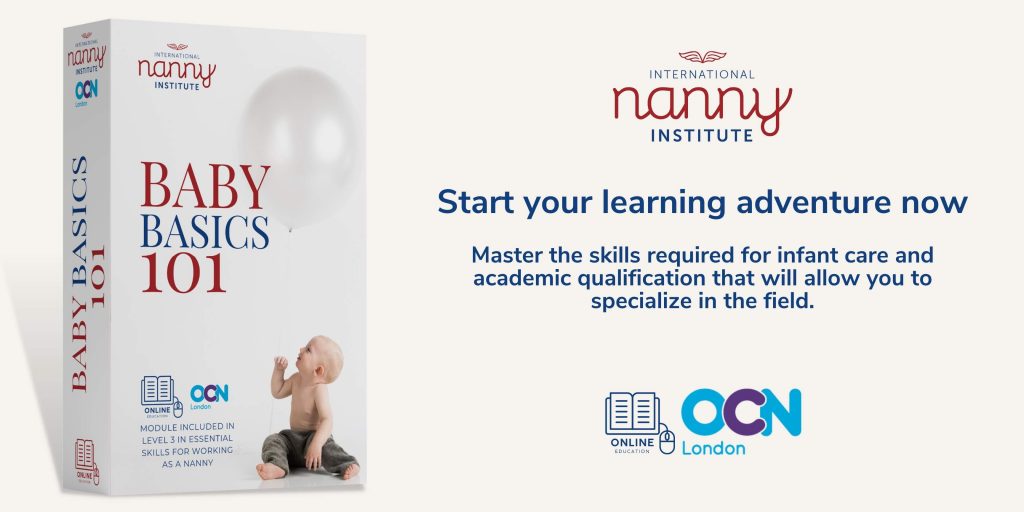
Being in control of your own training and development helps you to carve out the career that you want. Take the first step in carving out your own professional future by enhancing your abilities to care for infants with Baby Basics.
The Baby Basics course consists of 4 weekly, in-depth training sessions supplemented with a quiz for checking your understanding. We also offer an interactive group forum so you can discuss what you are learning with other students in your cohort. This forum can help foster understanding, learning and personal development on a deeper level. Baby Basics is taught as an online course 100% online and it will take about 30 hours to complete over 8 weeks, giving you a window of time to complete the course and leaving you in control of how and when you study.
If you like what you’ve read about our Caring for Children course and think it might be a good fit for your professional development, visit our website at www.international-nanny.institute! We can’t wait to have you on board!






